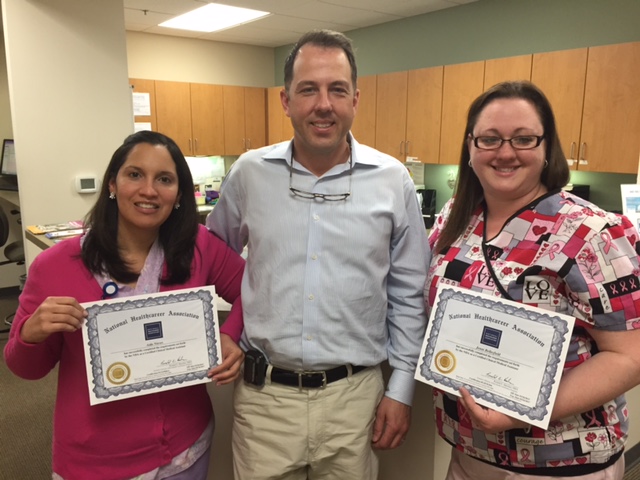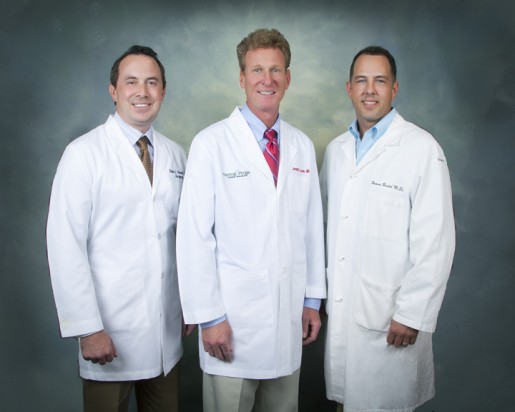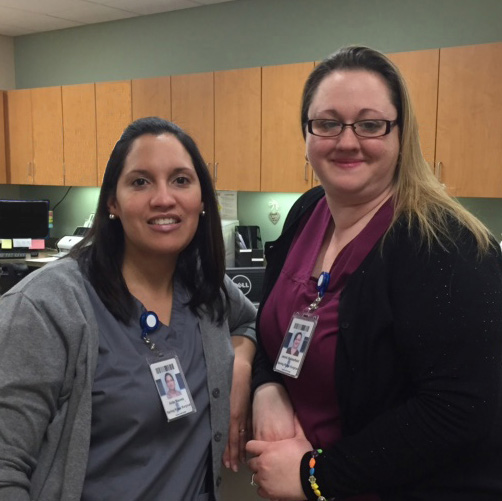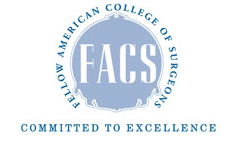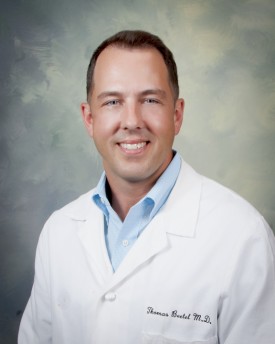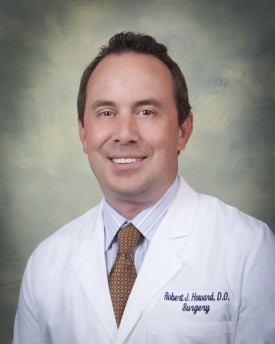As discussed in one of our previous blog posts, Colon Cancer Surgery: Two Techniques to Ensure Best Outcomes, colon issues can often be treated by minimally invasive surgical procedures called laparoscopy.
Laparoscopy is the use of small keyhole incisions to access a surgical site. Using a very small video camera, a surgeon identifies causes of pain or discomfort and treats the condition accordingly. In addition to colon cancer, laparoscopic surgery is used to treat common issues of the colon such as diverticulitis and inflammatory bowel disease (IBD).
Diverticular Disease
In its healthiest state, the lining of the colon is smooth in texture. Sometimes, small, balloon-like pouches form within the walls of the colon. Since the colon’s main job is to help expel waste out of the body, it is generally believed the pouches appear as a result of a low-fiber diet. The pouches indicate a condition called diverticulosis. Very uncommon among individuals under 40 years of age, diverticulosis is prevalent in approximately half of the population aged 60 years of age and older. Often, patients do not experience any pain or discomfort with diverticulosis, and the condition is only discovered due to routine testing such as a colonoscopy. In many cases, diverticulosis is effectively treated with medication and increasing fiber intake.
In cases where the pouches become inflamed or infected, however, a condition called diverticulitis occurs. Patients may experience abdominal pain, fever, cramping, and constipation, among other symptoms. Initial treatments can include antibiotics, but in recurring or severe cases, the use of surgical treatment may be required. In treating diverticulitis, minimally invasive laparoscopic surgery is used to remove the affected sections of the colon.
Inflammatory Bowel Disease
Like diverticulitis, inflammatory bowel disease (IBD) causes the lining the colon to become inflamed and irritated. Two types of IBD include Crohn’s disease and ulcerative colitis. Even though the symptoms of both are similar, the areas affected in the gastrointestinal tract are much different.
With Crohn’s disease, inflammation can occur at intermittent sections of the entire gastrointestinal tract and is not limited to the colon. Conversely, with ulcerative colitis, inflammation is limited to the colon.
Surgical Treatment
When diverticulitis or inflammatory bowel disease need to be surgically managed, laparoscopic surgery offers the best of both worlds – effective treatment with minimal incisions. Treating these conditions proactively can help avoid the possibility of emergency surgery, which could result in the need for a temporary colostomy pouch. Laparoscopic surgery decreases recovery from a couple months to a couple weeks.
Dr. Joseph Levan, Dr. Thomas Beetel, and Dr. Robert Howard, each Fellows in the American College of Surgeons, provide laparoscopic surgical care for the colon. When you have questions about preventative and surgical care of the colon, make an appointment to see one of our providers by CLICKING HERE.
– Spring Ridge Surgical Specialists

